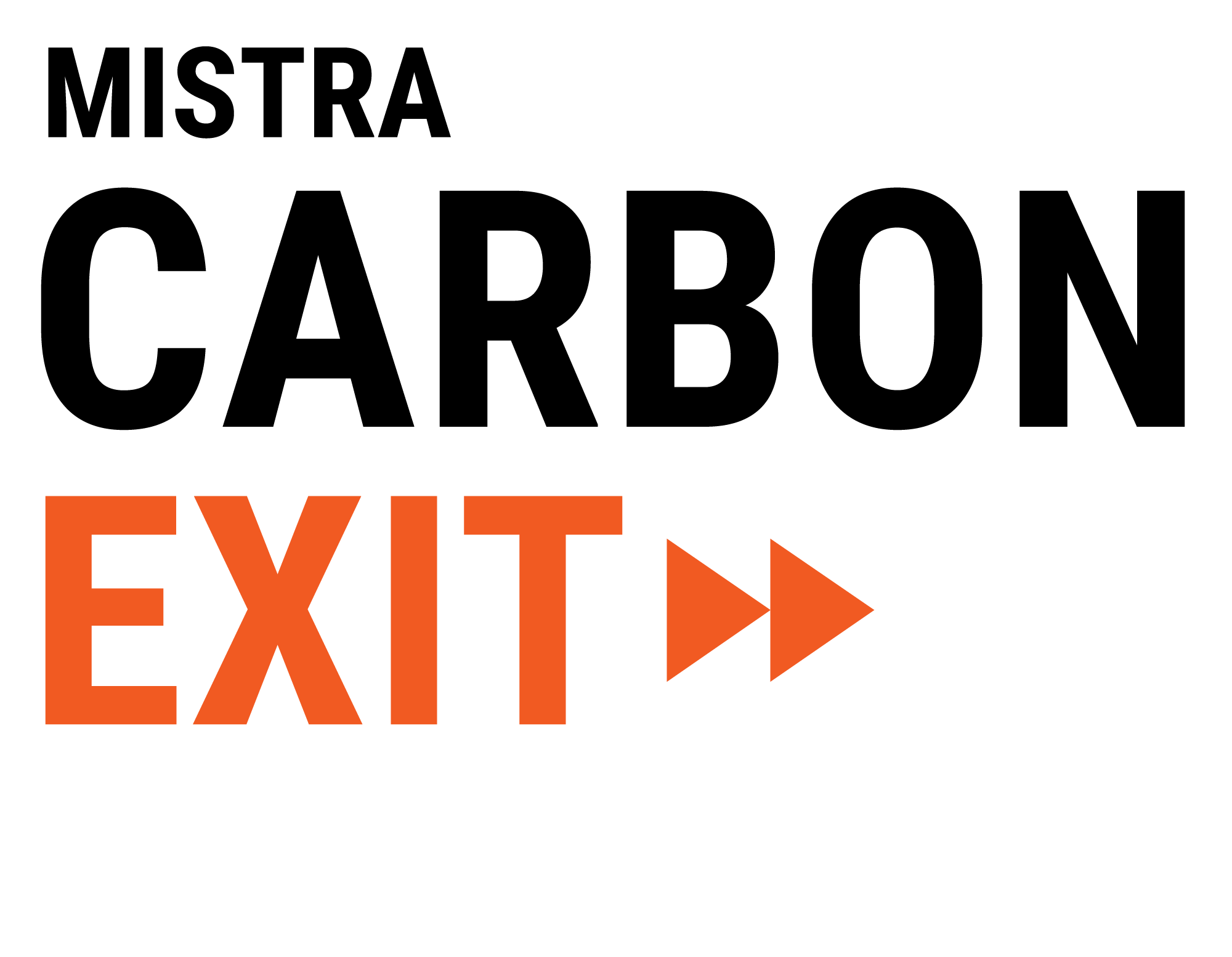Overview
Mistra Carbon Exit is a research programme that identifies and analyzes the technical, economic and political opportunities and challenges for Sweden to reach the target of net zero greenhouse gas emissions by 2045. The program is multidisciplinary addressing the technical, economic and political challenges for this transition. The programme takes a novel approach by focusing on supply chains – from the input of raw materials, through primary and secondary activities, to final products and services demanded by the end user. The chosen supply chains are buildings, transportation infrastructure and transportation, also including the upstream production of electricity and base materials. These selected supply chains allow us to capture at least 75 percent of Sweden’s CO2 emissions. The consortium includes 10 research organizations from Sweden, Germany, Belgium and USA plus 19 companies, 2 municipalities, 2 NGO:s and 2 authorities.
The research identifies pathways and policies for how Sweden and Swedish companies can become frontrunners in transforming society and industries, providing low carbon products and services while at the same time addressing market risks. This will make Sweden an important international example for other countries to follow.
Work packages
WP1 Technology Assessment, Buildings, Transport infrastructure & Energy
Building on the technical roadmaps developed during Phase 1, this WP will assess how the integration of new, low-CO2 technologies and practices along the supply chains of buildings, transport infrastructure and energy may best be managed, and how the coupling between sectors can be set up so as to maximize synergies, minimize systems costs, and ensure sustainable use of scarce materials and renewable energy resources. The objective is also to translate the findings into actionable recommendations that can have an impact already today and to provide a methodological framework for how to assess how the supply-chain climate transitions in relation to the sustainable development goals (SDG).
Contact: Filip Johnsson, Chalmers University of Technology, filip.johnsson@chalmers.se
WP2 Technology assessment, transportation
This WP focuses on complexities in the supply chain and material turnover for the transport system and its relationships to the climate impacts of different technologies and policy options as well as energy markets. The work includes analyses of the travel volume and supply chain consequences of policy options and behavioral trends regarding shared mobility and electrification. Synthesis of the insights is reached through an integrated modelling approach. Central to much of the work in this WP are the interactions with industry and governmental agencies. In particular, this WP seeks cooperation with our programme stakeholders.
Contact: Daniel Johansson, Chalmers University of Technology, daniel.johansson@chalmers.se
WP3 Governance and policy processes
This work package aims to advance studies on the transformative pathways towards net-zero emissions in Sweden, focusing on the links between policymaking, institutions and market actors along the supply chains, and including production, business models, and consumption. The research is conducted close to the policymaking scene. To support the overarching objectives at the programme level, this work package aims to study and follow the climate policy processes in Sweden and the EU and identify policy pathways and issues related to agenda setting and policy options.
Contact: Magnus Hennlock, IVL Swedish Environmental Research Institute, magnus.hennlock@ivl.se and Åsa Löfgren, University of Gothenburg, asa.Lofgren@economics.gu.se
WP4 Flexible Performance and Compliance
The overall aim of this work package is to investigate how best to design policy instruments and instrument packages to induce transformative changes towards a society with net-zero GHG emissions. This work package focuses on the specific policy measures that are needed to enable the realization of transformative pathways, specifically along the supply chains. For this reason, WP3 and WP4 are managed by an integrated leadership. While the research will take its starting point in the Swedish context and existing policy Design and analyze policies, while accounting for real-world policymaking complexities, such as acceptance, social norms, bounded rationality, lobbying, jurisdictional interactions, and policy sequencing.
Contact: Magnus Hennlock, IVL Swedish Environmental Research Institute, magnus.hennlock@ivl.se and Åsa Löfgren, University of Gothenburg, asa.Lofgren@economics.gu.se
WP5 Benefits to end-users - implementation, local arenas and integration
WP5, we will continue the successful and widely appreciated activities from Phase 1 to enhance collaboration and integration within the programme and the implementation among end-users. Several tasks are done in collaboration with industry and authorities with the aim to make new research findings accessible for practitioners in both industry and the policy making arena through several initiatives. In addition, we have three implementation projects to integrate the multi-disciplinary research in WP1-4 and to provide guidance on the transformative pathways for the supply chains of buildings, transportation infrastructure and transportation system so as to comply with the Swedish greenhouse gas emission reduction targets. Specific aims are to assess to what extent the pathways will influence the UN Sustainable Development Goals and the Swedish Environmental Objectives, and to provide advice on corrective actions to avoid these impacts and to evaluate the impacts on the competitiveness of Swedish industries of the transformative changes.
Contact: Johan Rootzén, IVL Swedish Environmental Research Institute, johan.rootzen@ivl.se.

